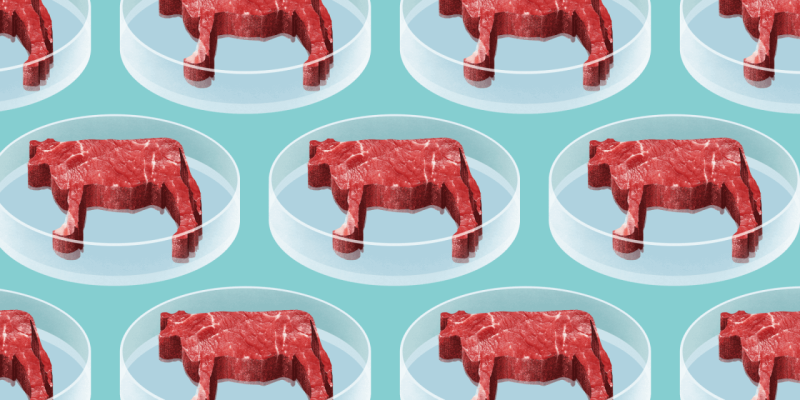Almost everything we consider a great invention is, in fact, a series of great inventions. Take the electric car, which …. had numerous rebirths and deaths throughout the 20th century …. Unfortunately, its battery life remained too short and its top speed too slow to compete with the gas-guzzling competition. That is, until California engineer J.B. Straubel invented a new lithium-ion battery that solved both problems.
…
Cultivated meat …. has followed a similar trajectory …. But like the old electric car, cultivated meat has since been working through its prototype phase.
What’s holding it back? The stem cells that are the driving force behind it run out of steam too quickly for efficient harvesting. The process of combining the necessary fat and muscle cells has proven too unwieldy. The resulting price tag is still too high. These hurdles …. have prevented cultivated meat from making the transition from the lab to the market. Until now.
…
Starting in 2014, [Mark Kotter, a neurosurgeon and principal investigator at Cambridge’s STEM Cell Institute] discovered a way to build specific transcription factors into the pluripotent cell’s DNA. Every cell in the population turned into exactly what he wanted. He had created pure culture of cells from stem cells, which was unheard of thus far.
…
In 2018, we co-founded Meatable with our CEO Krijn de Nood, and started applying Mark’s technology to reprogramming pig cells. Soon, all our hard work started to pay off.































